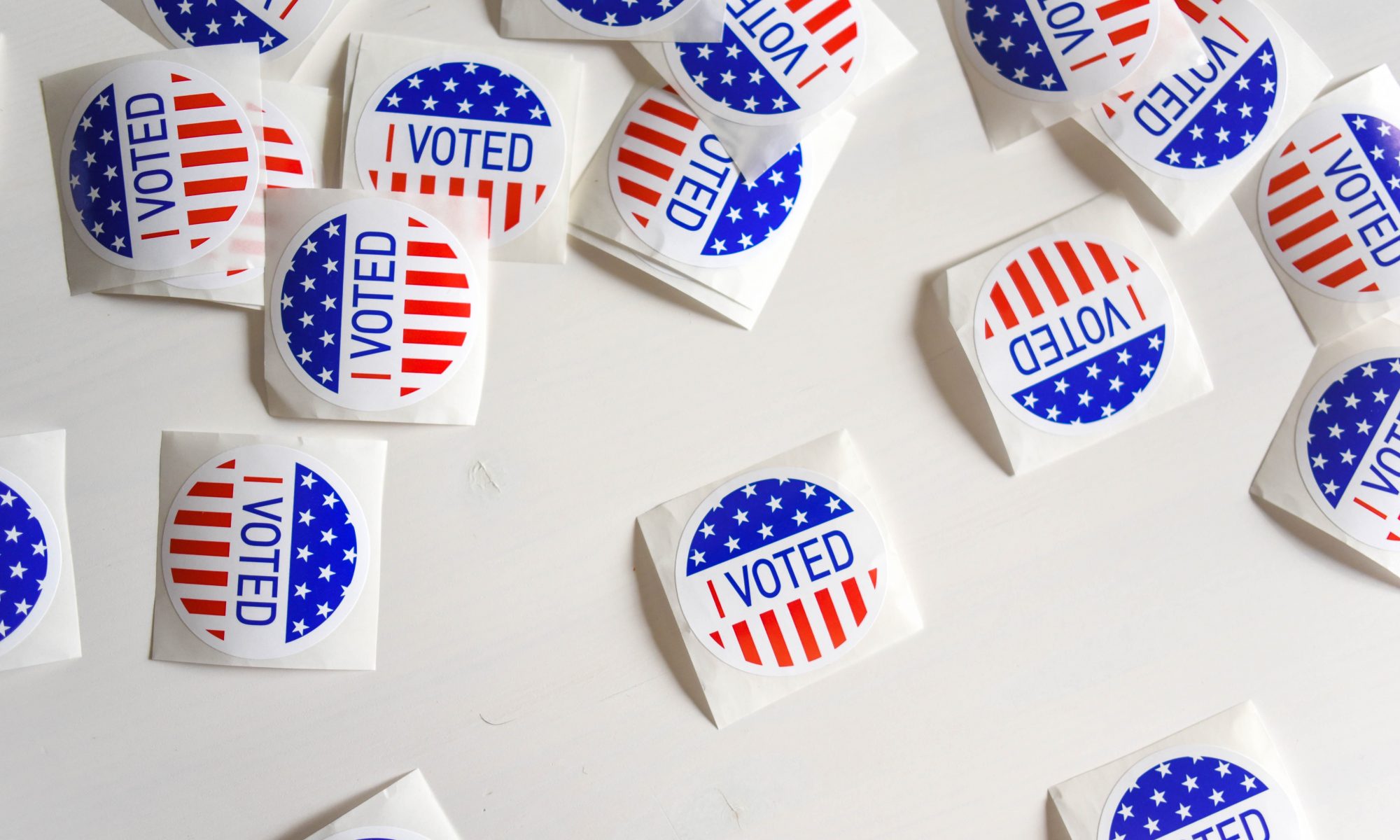November 9, 2022
By Derrick Wood
Florida Senate Bill 90 (SB 90) is a state law that came into effect back in May of 2021. The purpose of the bill was to amend the state’s election law in order to better protect the legitimacy of the electoral process. SB 90 installs a multitude of restrictions, particularly on mail-in voting, some of which are:
- A new requirement for voters to provide a state ID number or the last four digits of their social security number in order to obtain a mail-in ballot. There is no alternative method of verification for those without one of these two numbers.
- A limit on the time period during which a voter can remain enrolled on the state’s vote-by-mail list, which allows them to receive their ballot automatically.
- The effective criminalization of ballot harvesting by making possessing more than two vote-by-mail ballots not belonging to yourself or your immediate family member a misdemeanor.
Some institutions, such as New York University’s Brennan Center for Justice and the NAACP Legal Defense Fund, have described SB 90 as a voter suppression measure, due to the restrictions placed on mail-in voting and the level of involvement independent organizations may engage in during an election. The Brennan Center for Justice specifically criticized SB 90 as being based on “unfounded and unspecified concerns about election integrity.”
This claim stems from the sheer rarity of voter fraud. Studies have found that an American is more likely to be struck by lightning than impersonate another voter. The same results are mirrored by individual investigations by governments into voter fraud. One such case in Florida occurred in 2012 when Governor Rick Scott proceeded with efforts to remove non-citizen registrants from the state’s voter rolls. The state started with a list of 182,000 alleged non-citizen registrants which quickly dwindled down to only 198. Of those 198, only 85 were identified as non-citizen registrants; and of those 85, only one was convicted of fraud.
The Brennan Center for Justice has compiled a list of similar studies and cases, including those mentioned above. They can be found here.
The main question that needs to be asked here is this: is election security, particularly in the case of SB 90, an excuse for voter suppression? Furthermore, how do we address election security without hampering voting rights?
